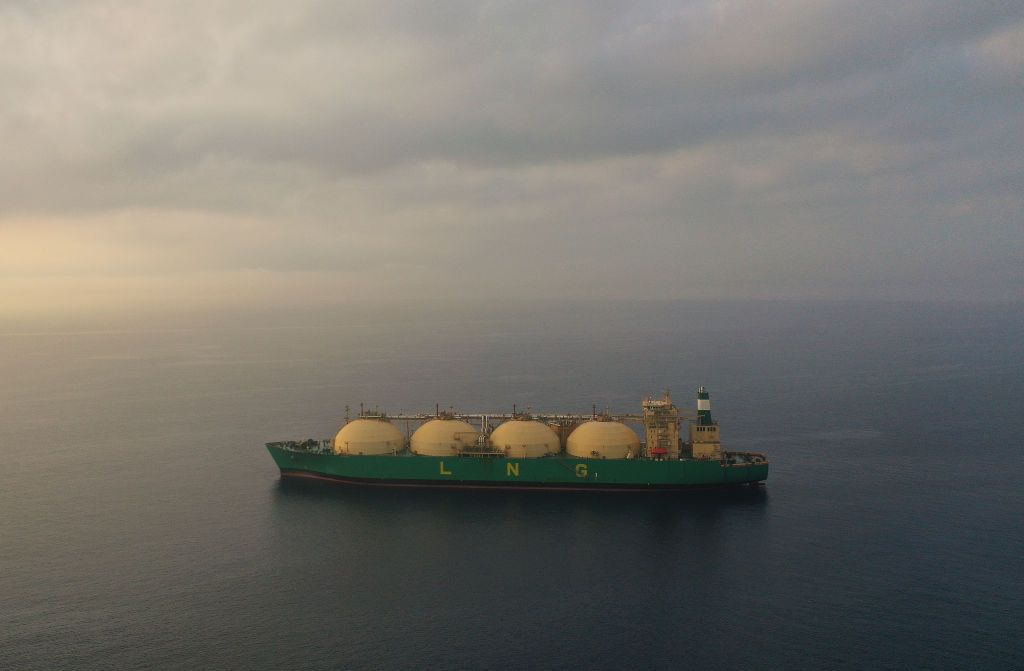Germany orders port to reject Russian LNG deliveries

The German Economy Ministry instructed its state-operated gas import terminal to reject a delivery of Russian liquefied natural gas (LNG), the Financial Times (FT) reported on Nov. 14.
The order comes as European countries increasingly look to replace Russian energy imports and impose sanctions on Russian gas, including LNG.
The ministry told the Deutsche Energy Terminal "not to accept any deliveries of Russian LNG" after receiving notice that the facility was expecting a shipment in the coming days. The port was instructed "to reject LNG deliveries from Russia until further notice," according to a letter from the ministry viewed by FT.
The German government built its own LNG import terminals to receive gas shipments by sea after Russian President Vladimir Putin cut pipeline gas supplies to EU countries following the full-scale invasion of Ukraine in 2022. Germany, once Europe's largest importer of Russian gas, hastened to find alternatives.
The ministry's letter said the goal of the import terminal was to help make the country "independent of Russian gas," and that it therefore could not accept the delivery.
The German Economy Ministry told FT that "in principle, it is correct that Germany does not import Russian gas and it is also clear to the (Economy Ministry) that this must not happen via German LNG terminals."
While Germany no longer imports Russian LNG directly, the German state energy company SEFE has a long-term contract with Russia's Yamal facility. The supplies from Yamal are routed to France before being fed into the European pipeline system.
The European Union imposed its first major restrictions on Russian gas, including LNG, in its 14th sanctions package in June.
European Commission President Ursula von der Leyen brought up the matter of Russian LNG in a phone conversation with U.S. President-elect Donald Trump shortly after his Nov. 5 victory.
Von der Leyen said she floated the idea of replacing Russian LNG with more imports from the U.S.
"We still get a whole lot of LNG via Russia, from Russia," she said. "And why not replace it with American LNG, which is cheaper, and brings down our energy prices?"











